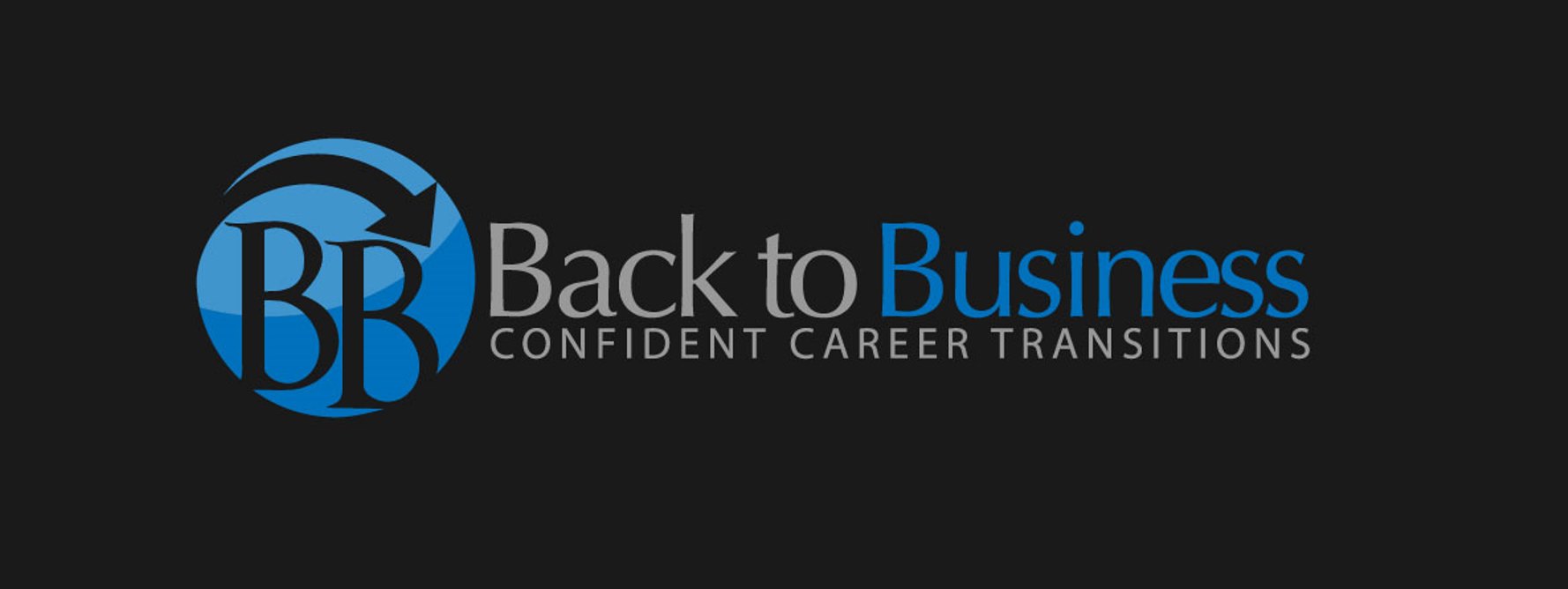
20 May Why struggle? 7 tips to make returning to the workforce easier
Getting back into the workforce after an extended absence can be a daunting task. If you think you’ll ever return to the workforce, this article is for you. We want to share 7 smart & easy steps you can take TODAY to help ensure that your return-to-work process is as painless as possible:
- Clarify your direction: We know that everything in the world changes and evolves- but sometimes we forget that this applies to us, as well! You aren’t “locked-in” to your previous career or degree, and now might be a great time for some self- discovery. If you’re not planning to get back into the workforce right now, but want to start thinking about what you might like to do next, consider searching for ideas online or seeing a qualified career adviser who can help you identify some realistic yet exciting possibilities.
- Choose your volunteer work strategically. Volunteer work is a great way to build transferable skills and even vet out some career possibilities. Evaluate your current volunteer activities and ask yourself, “Will this boost my resume?” Example: If you have a finance background or want to move toward that field, consider serving as the Treasurer in a volunteer capacity.
- Understand your value proposition. Everyone has one, including you. In fact, you most likely have several versions that can apply to different organizations and careers. We know from years of continuous research that Hiring Managers aren’t as worried about “gaps” in formal employment as we think they are. What they do want to know is what skills and characteristics you possess that demonstrate your ability to do the job. They also want to identify whether or not you’re a good fit for the company culture.
- Create a “Me File”. This should not be time-consuming and it’s very important. Keep a file about yourself. Over time, simply jot down volunteer activities, projects and independent contractor work. Include dates, people you worked with (including contact information) and a little description of what you did. Be sure to include any relevant numbers like people managed, dollars raised, etc. Even if you don’t think these things are important, keep them in this file. This is important because over the years, you will forget. Your “Me File” will make it easy to find old contacts, construct a resume, etc. when the time comes.
- Invest in yourself, You Matter! Keeping your skills up-to-date will only add to your confidence and value as a candidate. Consider taking a non-degree class to explore new areas. Brush up on your Excel skills. Learn how to be more directed in your career search by finding a good career coach. Do not feel guilty making the investment or taking the time! Making an investment in YOU will ultimately have a positive impact on your family, and sets a great example for kids.
- Assess and build your “toolkit” Keep or bring any professional accreditation or licensing current. Take stock of special skills you have. Make a list of clubs, organizations and groups you belong to. Use LinkedIn to maintain professional relationships, find interesting articles and join professional groups to stay in touch with your industry.
- Network! Keep in touch with former bosses and colleagues, friends and any business connections. Consider sending holiday cards or periodic e-mails when appropriate. Remember, HR relies on references as an important part of the screening process. It’s helpful if you’ve kept in touch with the people that you’d ask to provide you with references. You can ask for recommendations on LinkedIn and the best way to ask is to offer, first. You can write a brief recommendation for someone you’re connected with, and the system will ask them to write one for you in return.
Linda Waters is the founder of Back to Business LLC. Located in Franklin, Massachusetts. Back to Business provides a full range of services for people returning to the workforce or seeking a better professional “fit” and more fulfilling career. Back to Business helps its clients reach their goals with clarity and confidence by providing powerful self-assessments, career exploration, resume development, interview preparation and professional image development,
For more information on Back to Business, please visit www.backtobusiness.us or call 508-520-4100.









No Comments